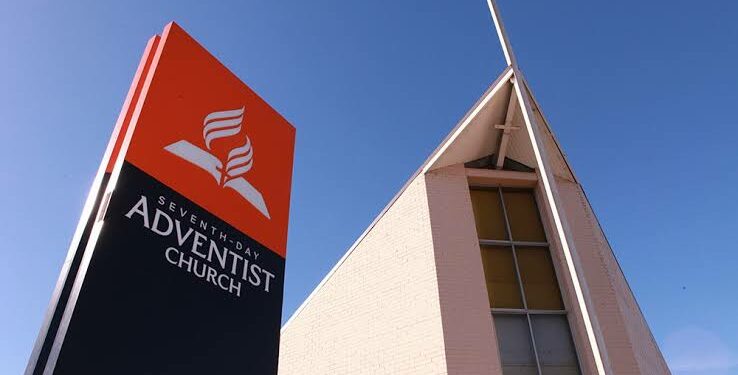
By Ologeh Joseph Chibu
A Federal High Court in Abuja has squashed requests from the Seventh Day Adventist that Nigeria should stop holding elections and school examinations on Saturdays.
The Seventh Day adventist, a Christian denomination see Saturdays as holy
The Court delivered ruling on Wednesday which health a blow to the request.
The Court dismissed the lawsuit brought forward to halt the scheduling of elections and examinations on Saturdays.
A top member of the Church, Ugochukwu Uchenwa who is the plaintiff in the case, expressed disappointment with the court’s decision.
He announced plans to appeal the verdict at the Court of Appeal in a plural society which lives under the dictates of British culture that had kept Sundays as the day of rest for Africa’s biggest democracy.
Uchenwa’s lawsuit argued that holding elections and examinations on Saturdays violated his and fellow Seventh-day Adventists’ freedom of worship. He sought a declaration from the court deeming this scheduling unconstitutional. Alternatively, he requested that elections and exams be scheduled on other days of the week, including Sundays.
The defendants named in the suit included the President Bola Ahmed Tinubu, the Attorney-General of the Federation, various government ministries, and examination bodies such as the Independent National Electoral Commission and the Joint Admission and Matriculation Examinations.
However, Justice James Omotosho, in delivering the judgment, dismissed the suit as frivolous and baseless. He asserted that the fundamental rights claimed by the plaintiff could be limited by government policies and that the Seventh-day Adventist Church’s minority status in Nigeria did not justify imposing its doctrine on the majority.
“The Seventh-day Adventist Church is in the minority in Nigeria and its doctrine can not be imposed on the majority of other religious denominations in the country,” he stated.
Following the ruling, Benjamin Ahaemefule, counsel for the plaintiff, stated that while aspects of the suit were acknowledged by the court, the main requests were denied. As a result, they intend to appeal the decision to the Court of Appeal to seek further legal recourse.
Ahaemefule highlighted the court’s acknowledgment of the plaintiff’s legal standing and the breach of rights suffered by the Seventh-day Adventist community. However, he criticized the court’s refusal to enforce these rights, citing concerns of opening floodgates for similar litigation. He argued that the court erred in denying the enforcement of rights based on the minority status of the Seventh-day Adventists, a decision they aim to challenge at the appellate level.
Ahaemefule expressed, “The court agreed with us that it has jurisdiction to hear our matter.”
“The court also agreed with us that elder Uchenwa has the locus standi to institute the action for the enforcement of his fundamental rights and those of the entire members of the Seventh-day Adventist church Nigeria.”
“The court agreed with us that the rights of the Adventists are breached.”
“The court, however, refused to enforce our right, saying that Adventists are in the minority and not in the majority.”
“The court held that although our rights are infringed upon, the infringement is legally necessary and justifiable.”
“So, the court refused to grant our substantive request because it said that granting it would open a floodgate of litigation by other citizens of Nigeria who will come out to enforce their rights.”
“The court erred in law for holding that although the Adventists have cause of action, this right cannot be enforced because the Adventists are in the minority.”




